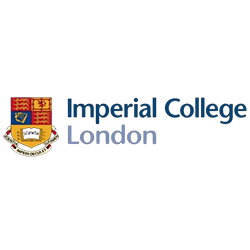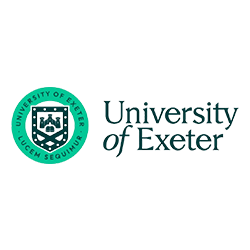Economics
A postgraduate economics degree allows students to advance their understanding of how economies function and how economic theory and data analysis can inform decision-making at organisational, national, and global levels. It provides a rigorous foundation in advanced economic concepts while offering opportunities to specialise in areas such as development economics, financial economics, behavioural economics, and international trade.
The programme offers the opportunity to study core subjects including advanced microeconomics, macroeconomics, econometrics, game theory, and public policy analysis. Many courses also integrate applied research projects, quantitative modelling, policy simulations, and industry collaborations, enabling students to apply economic theory to complex real-world challenges.
Why study Postgraduate Degree in Economics?
Studying economics at postgraduate level is a chance to combine theoretical depth with applied analysis, preparing graduates for senior careers in government, international organisations, finance, consultancy, and academia. It also provides a strong pathway to doctoral research or specialist roles in economic policy, financial strategy, and data-driven decision-making.
Top Ranking Universities List for Civil Engineering
Entry Requirements
Academic Requirements
- Undergraduate degree in economics, mathematics, statistics, finance, or a closely related discipline.
- Typical requirement: UK 2:1 or strong 2:2 equivalent.
- Applicants must demonstrate strong background in quantitative methods, statistics, and mathematical economics.
- Students with degrees in other fields (e.g., engineering, physics, computer science) may be considered if they have strong analytical and mathematical training.
- International qualifications must be equivalent to UK standards (verified via UK ENIC if necessary).
Work Experience Requirements
- MSc Economics programmes: Work experience is not normally required, making them suitable for recent graduates.
- Specialist or applied programmes (e.g., Development Economics, Behavioural Economics, Financial Economics): Prior research, professional, or policy-related experience can be advantageous.
- Internships, research assistantships, or work in finance, government, or consulting may strengthen an application.
English Language Requirements
- IELTS Academic: Overall 6.5–7.0, with no band lower than 6.0.
- TOEFL : Overall score of 90–100.
- PTE Academic: Score range 62–70.
- Exemptions may apply if prior study was completed in English.
Additional Application Documents
- Official academic transcripts and degree certificates (with certified translations if required).
- Personal statement highlighting academic background, research interests, and career ambitions in economics.
- CV or résumé including education, quantitative skills, research projects, and relevant work experience.
- Two references (academic or professional; at least one academic referee is preferred).
- Proof of English language proficiency (if applicable).
- Some universities may require GRE or GMAT scores, particularly for highly competitive Economics programmes.














